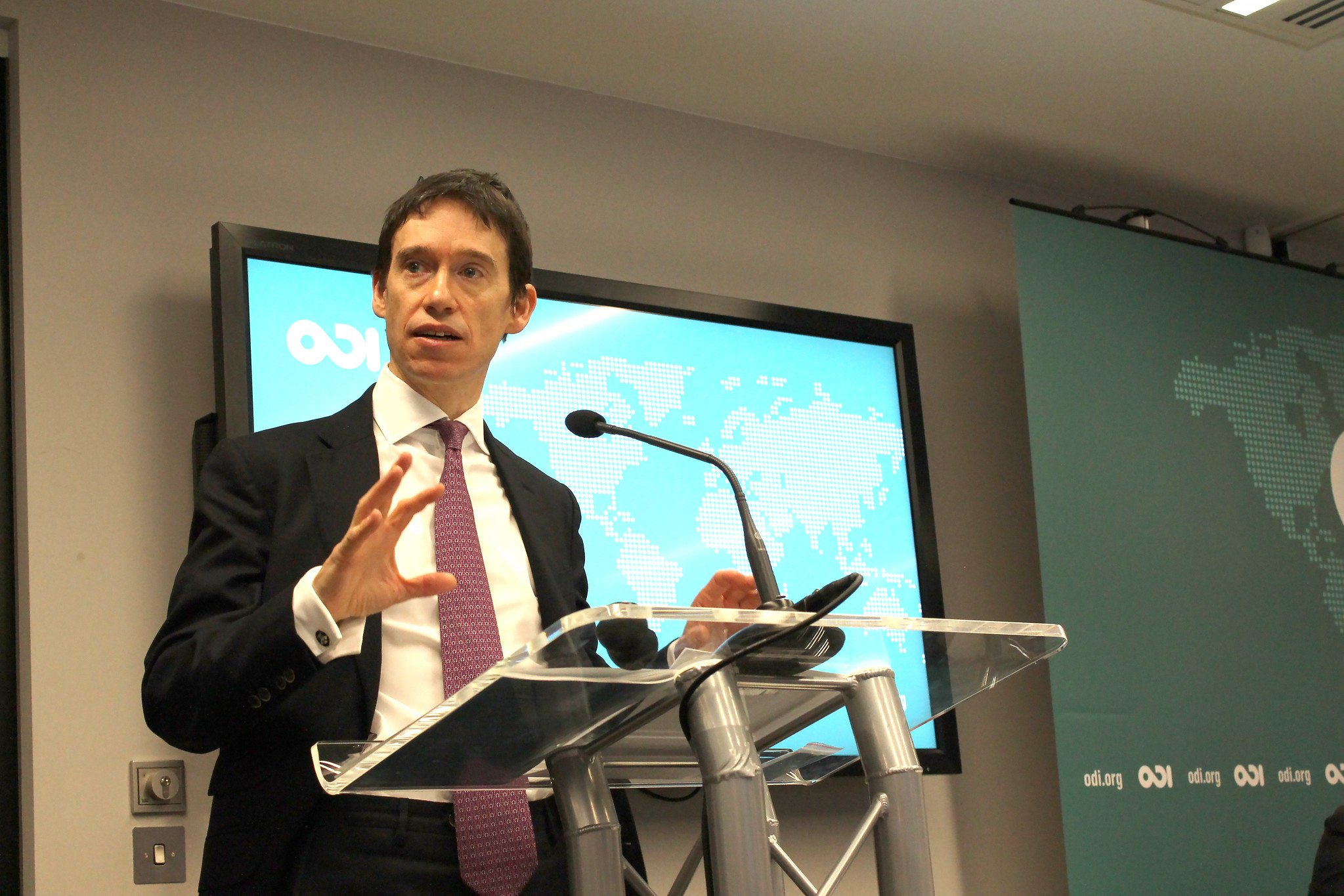Rory Stewart is off to a great start as the new Secretary of State for International Development. He has swiftly put tackling dangerous climate change at the top of his priority list, and has talked about the need for humility and for DFID to concentrate on listening and not presenting ‘silver bullets’. The Secretary of State has also been vocal about how pleased he is to be back at DFID which is good for team morale, both in DFID and across the sector.
The Secretary of State will need the very best team around him and across government if the UK is to remain a global development leader. The world is wildly off-track to achieve the Sustainable Development Goals (SDGs) by 2030 and much global aid is not reaching the poorest people and countries.
While the Secretary of State’s inbox will be full of ideas about what he and DFID should prioritise, the how is equally critical. Here are three suggestions:
Increase UK aid coherence, across Whitehall and in-country
Other government departments are now responsible for spending an increasing share of the UK’s aid budget. While DFID is rated independently as highly transparent and effective, other departments provide little information about how they spend UK aid and have less expertise on poverty reduction.
In part this is because they lack knowledge and understanding of the local context. The Secretary of State needs to prioritise greater coherence across Whitehall, not least where government policy is undermining its commitment to the SDGs – for example through providing fossil fuel subsidies.
DFID country offices are at the centre of effective, efficient and transparent UK aid. At their best they blend local knowledge and partnerships with international expertise in key sectors. They provide a concentrated mass of expertise that is the envy of other bilateral development agencies. But the pressure to prioritise programme spending over investment in staff expertise and knowledge-building has led to shorter postings and reduced DFID’s ability to maximise the impact of its money.
The Secretary of State should reverse this trend by increasing local capacity, extending staff posting lengths and reinvigorating staff immersion visits. There is also a need for better in-country coherence that would enable all government departments to harness DFID’s local knowledge, in-country networks and project management support, and for DFID to benefit from their broader expertise. DFID offices in effect would become the in-country platform for UK engagement with the partner government on development priorities.
Make the most effective use of all resources
The forthcoming spending review provides an opportunity to break the mould: development is not linear and requires a nimble and adaptive approach that does not lend itself to inflexible budgeting. DFID is already pushing the boundaries on development planning, working with partners to promote more adaptive management and iterative learning. It should now graduate its budget planning so it can respond more dynamically to emerging challenges, learning on the ground and unforeseen events.
This could include an explicit challenge fund that prioritises new partnerships, innovative approaches and joint ventures with other governments and other international organisations over more traditional programming. This strategy could unleash and stimulate creativity and innovation across DFID and provide more flexibility to respond to a rapidly changing world.
Broaden the domestic coalition for development
Despite the generosity of the UK public, confidence in the UK aid programme has come under fire from those who think the money could be better spent at home, and those who look with dismay at selected examples of misuse.
The great challenges of our day, including tackling dangerous climate change or better managing migration, require global solutions. It is imperative we develop stronger arguments which link domestic and international action. This has been a key theme of recent ODI research on the principled national interest. The Secretary of State recognises that tacking action on development is squarely in the UK and global interest. Making a concerted effort to persuade the domestic constituency will ensure the UK aid programme itself is sustainable, which is arguably the backbone of Global Britain.
The Secretary of State is uniquely qualified to make these changes. He brings a deep understanding of development, particularly in countries emerging from conflict, and the underlying drivers of change. He returns to a department widely regarded as an international powerhouse for development and takes control of one of the most generous aid budgets.
This is surely a winning combination that bodes well, most importantly for the poorest and most vulnerable people around the world.

